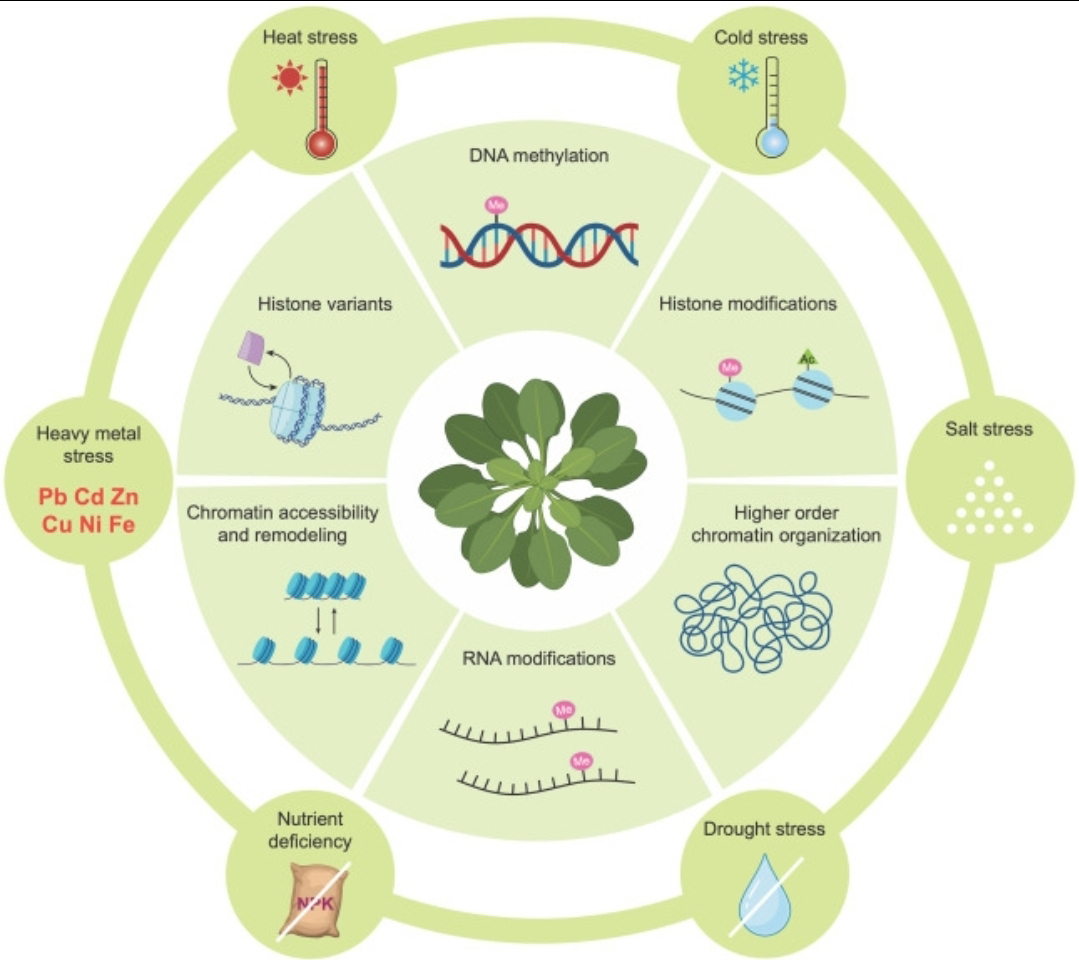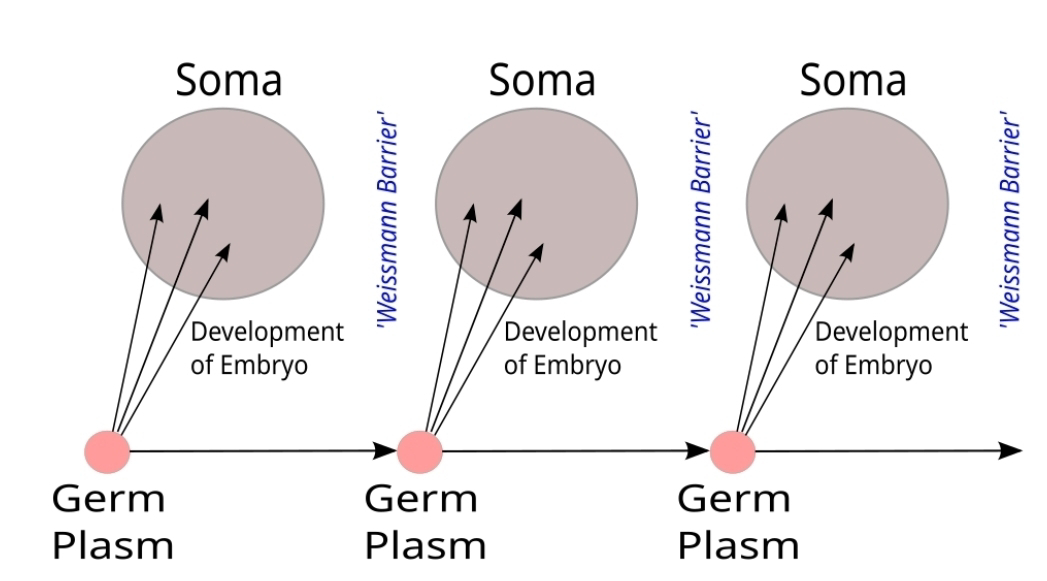“Redefining Evolution: Life Beyond the Limits of Neo-Darwinian Theory”- Review
Evolutionary biology has long been dominated by the Modern Synthesis, a framework that integrates Darwinian natural selection with Mendelian genetics.
However, recent scientific advancements, particularly in the field of epigenetics, are prompting a critical re-evaluation of this paradigm. The provocative journal article, "Redefining Evolution: Life Beyond the Limits of Neo-Darwinian Theory," delves into these emerging concepts, arguing that epigenetics fundamentally challenges the Modern Synthesis and necessitates a broader understanding of evolutionary processes.The Modern Synthesis, often referred to as neo-Darwinism, posits that evolution primarily occurs through changes in gene frequencies within populations, driven by natural selection acting on random genetic mutations. This gene-centric view emphasizes the immutable nature of inherited information, with environmental influences largely confined to their role in selecting pre-existing genetic variations. While successful in explaining some evolutionary phenomena, the article suggests that this framework is increasingly incomplete in light of new discoveries.
This is precisely where epigenetics enters the discussion, and it forms a core argument of the article. Epigenetics refers to heritable changes in gene expression that occur without alterations to the underlying DNA sequence. These modifications, such as DNA methylation and histone modification, can switch genes on or off, influencing an organism's traits.
Crucially, epigenetic marks can be influenced by environmental factors, including diet, stress, and exposure to toxins. The central tenet that "Redefining Evolution" emphasizes is the capacity for these environmentally-induced epigenetic changes to be passed down across generations.The traditional neo-Darwinian view struggles to accommodate such inheritance. If environmental cues can directly influence heritable traits without genetic mutation, it introduces a mechanism for rapid adaptation that bypasses the slow, random process of genetic mutation and subsequent natural selection. The article highlights numerous examples where transgenerational epigenetic inheritance has been observed, from plant responses to drought stress to the metabolic profiles of offspring whose parents experienced famine.
These examples demonstrate a direct link between environmental experience and inherited phenotypic change, challenging the strict separation between genotype and phenotype that the Modern Synthesis largely upholds.The challenge to the Modern Synthesis presented by epigenetics is multi-faceted. Firstly, it undermines the notion that all heritable variation arises solely from random genetic mutations. Epigenetic modifications provide an alternative, and potentially faster, source of variation that can be directly induced by environmental pressures. This introduces a level of Lamarckian-like inheritance, where acquired characteristics can, to some extent, be passed on – a concept largely dismissed by the Modern Synthesis. While not suggesting a full return to Lamarckism, the article argues for a nuanced understanding where environmentally-induced changes in gene expression can contribute to evolutionary trajectories.
Secondly, epigenetics blurs the clear distinction between germline and soma that is central to the Modern Synthesis.
The traditional view holds that changes occurring in somatic cells (body cells) are not passed on to offspring, only changes in germline cells (sperm and egg) are heritable. However, evidence of transgenerational epigenetic inheritance suggests that environmental signals experienced by the parental soma can induce epigenetic changes that are then transmitted to the germline, impacting subsequent generations. This implies a more dynamic and interconnected relationship between an organism's environment, its body, and its hereditary material than previously conceived.Furthermore, the article implicitly argues for a more integrated view of development and evolution. The Modern Synthesis often treats development as largely separate from evolutionary processes, viewing it as the unfolding of a pre-programmed genetic blueprint. Epigenetics, however, demonstrates how environmental factors during development can leave lasting marks that influence an organism's phenotype and its fitness, with these marks potentially being inherited. This suggests that developmental plasticity, mediated by epigenetics, can itself be a significant driver of evolutionary change, allowing populations to adapt more rapidly to novel environments.
In conclusion, "Redefining Evolution: Life Beyond the Limits of Neo-Darwinian Theory" presents a compelling case for expanding our understanding of evolutionary mechanisms to incorporate the profound role of epigenetics. By demonstrating how environmental factors can directly influence heritable traits without altering DNA sequences, and how these changes can be passed across generations, epigenetics challenges the foundational tenets of the Modern Synthesis. The article advocates for a more inclusive and dynamic view of evolution, one that acknowledges the interplay between genes, environment, and development, ultimately enriching our comprehension of life's remarkable adaptability and diversity.







Comments
Post a Comment